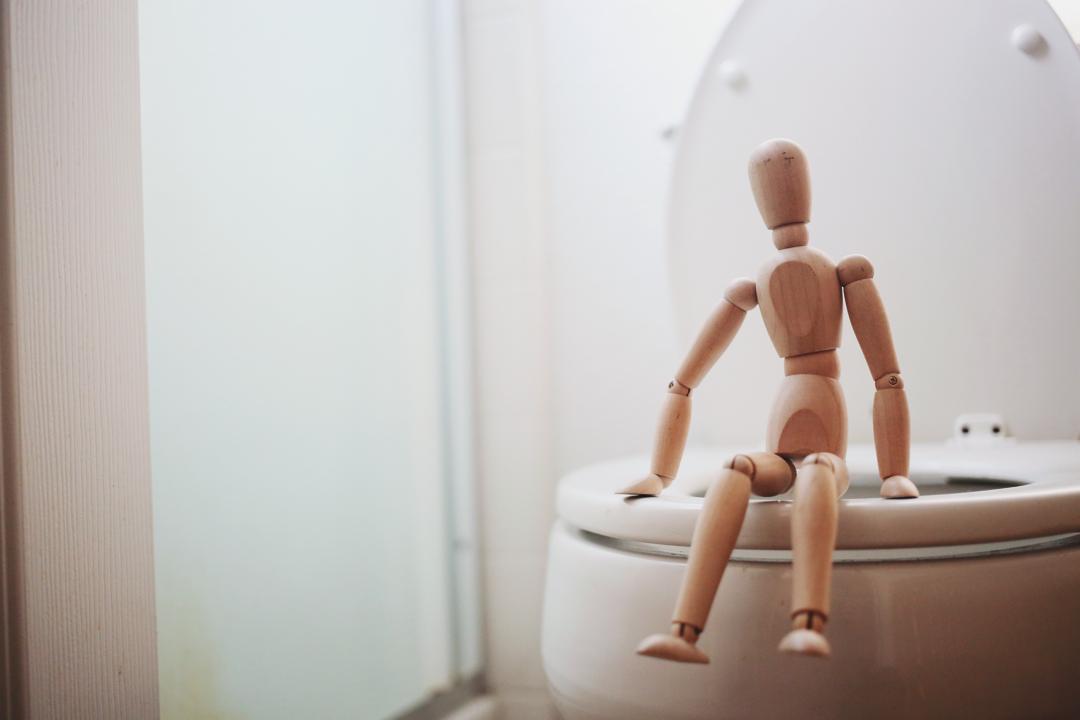Colon Cleanse: Are There Risks Involved?
Colon cleansing has gained significant popularity in recent years as people seek ways to improve their digestive health and overall well-being. If you’re considering a colon cleanse, it’s important to be aware of the potential risks involved. In this article, we’ll explore the benefits, risks, and alternatives to colon cleansing, providing you with the information you need to make an informed decision.
Benefits of Colon Cleansing
Many proponents of colon cleansing claim that it offers numerous health benefits. Improved digestion and increased energy are among the potential advantages of this practice. Advocates suggest that by removing toxins and waste buildup from the colon, you can experience better nutrient absorption and overall digestive health.
While these claims may sound appealing, it’s important to note that scientific evidence supporting the benefits of colon cleansing is limited. The effectiveness of colon cleansing methods is still a subject of debate among medical professionals.
Potential Risks of Colon Cleansing
While some individuals may find colon cleansing beneficial, it’s crucial to understand the potential risks involved. Here are some of the risks associated with colon cleansing:
- Dehydration: Colon cleansing methods, such as enemas or laxatives, can lead to dehydration if not properly managed. It’s essential to drink plenty of fluids during and after the cleanse to maintain proper hydration.
- Electrolyte Imbalances: Colon cleansing can disrupt the balance of electrolytes in your body, which are essential for proper nerve and muscle function. This disruption can lead to symptoms like weakness, fatigue, and irregular heart rhythms.
- Bowel Perforation: In rare cases, aggressive colon cleansing techniques can cause bowel perforation, which is a serious medical emergency. This risk is particularly elevated when using devices like colon irrigation systems.
It’s important to note that the risks associated with colon cleansing may vary depending on the method used and individual health factors. If you have any underlying medical conditions or are taking specific medications, it’s crucial to consult with a healthcare professional before considering a colon cleanse.
Who Should Avoid Colon Cleansing
While colon cleansing may be safe for some individuals, certain groups of people should avoid it altogether. Here are some examples:
- Pregnant Women: Pregnant women should avoid colon cleansing due to the potential risks to both the mother and the baby. The hormonal changes and increased blood flow during pregnancy can make the body more susceptible to dehydration and electrolyte imbalances.
- Individuals with Medical Conditions: People with certain medical conditions, such as inflammatory bowel disease, diverticulitis, or a history of colon surgery, should avoid colon cleansing. These conditions can increase the risk of complications and make colon cleansing unsafe.
- Those Taking Specific Medications: Some medications, such as blood thinners or medications that affect electrolyte levels, can interact with colon cleansing methods. It’s essential to consult with your healthcare provider if you’re taking any medications before considering a colon cleanse.
Alternatives to Colon Cleansing
If you’re looking to maintain a healthy colon without the risks associated with colon cleansing, there are alternative methods you can try. Here are some suggestions:
- Eat a Balanced Diet: Consuming a diet rich in fiber, fruits, vegetables, and whole grains can promote regular bowel movements and support a healthy colon. Aim to include a variety of nutrient-dense foods in your meals.
- Stay Hydrated: Drinking an adequate amount of water throughout the day is essential for maintaining proper hydration and promoting healthy digestion. Aim to drink at least eight glasses of water daily.
- Exercise Regularly: Regular physical activity can help stimulate bowel movements and promote overall digestive health. Engage in activities you enjoy, such as walking, jogging, or yoga.
Conclusion
While colon cleansing may be appealing to some individuals, it’s crucial to consider the potential risks involved. Dehydration, electrolyte imbalances, and bowel perforation are among the risks associated with colon cleansing. If you’re thinking about doing a colon cleanse, it’s important to consult with a healthcare professional to ensure it’s safe for you.
Remember, maintaining a healthy colon can be achieved through alternative methods, such as eating a balanced diet, staying hydrated, and exercising regularly. By prioritizing your digestive health, you can support overall wellness and well-being.
References:
